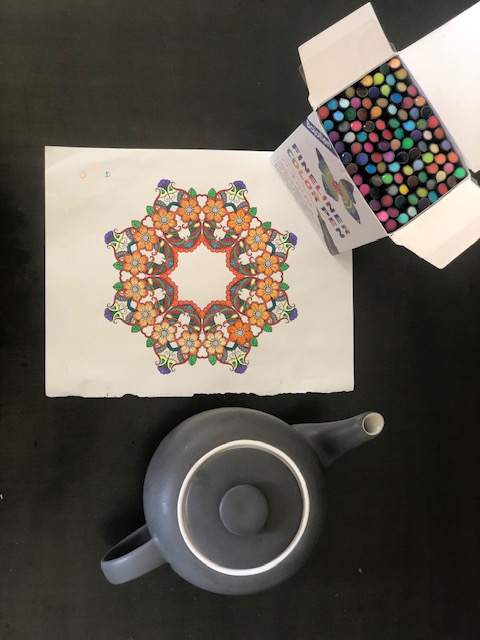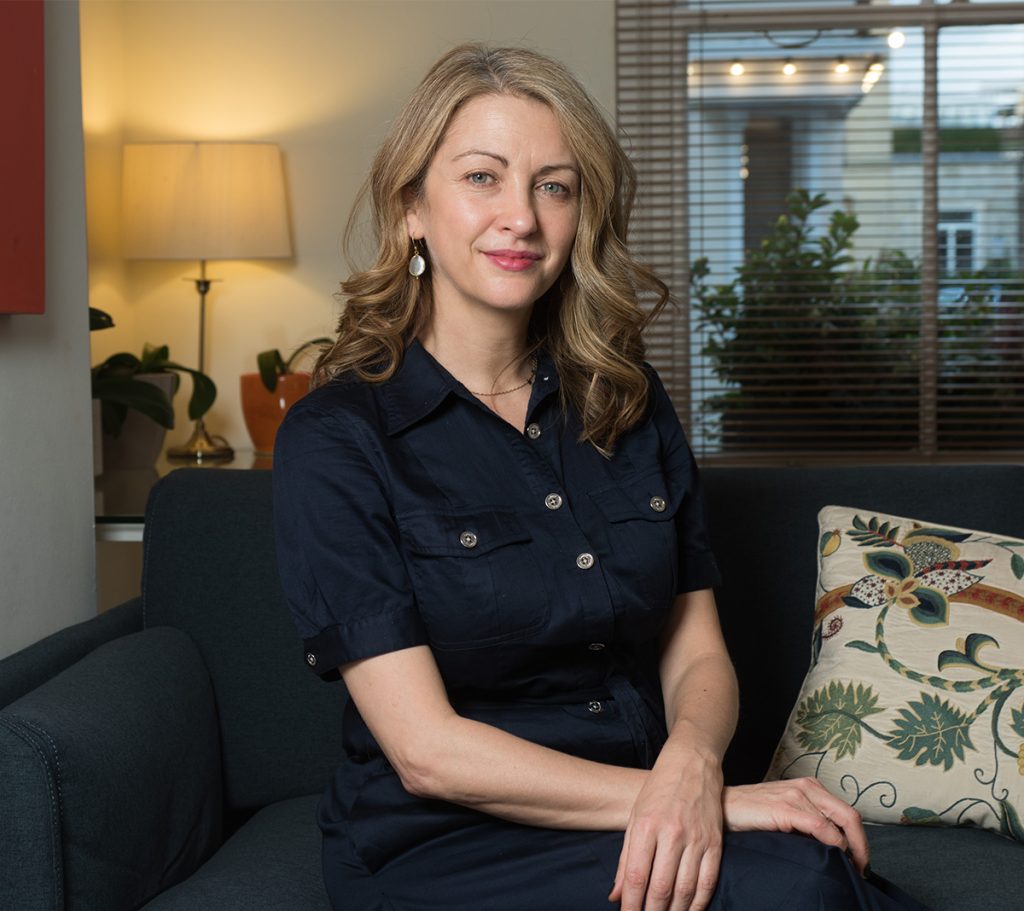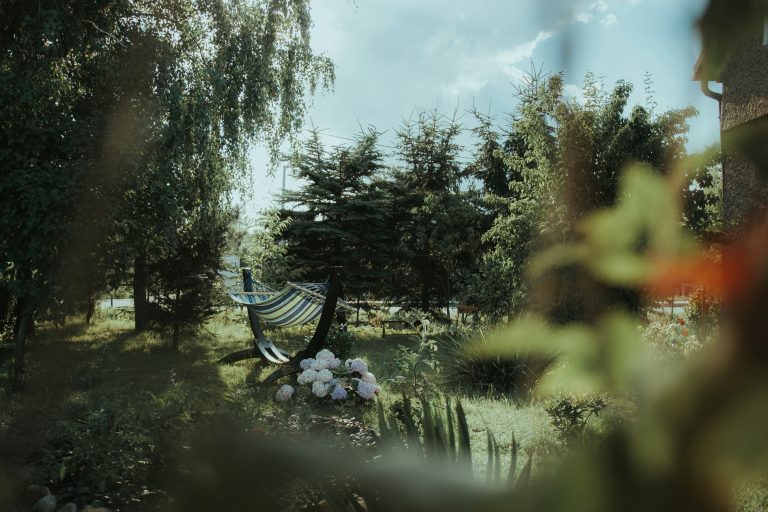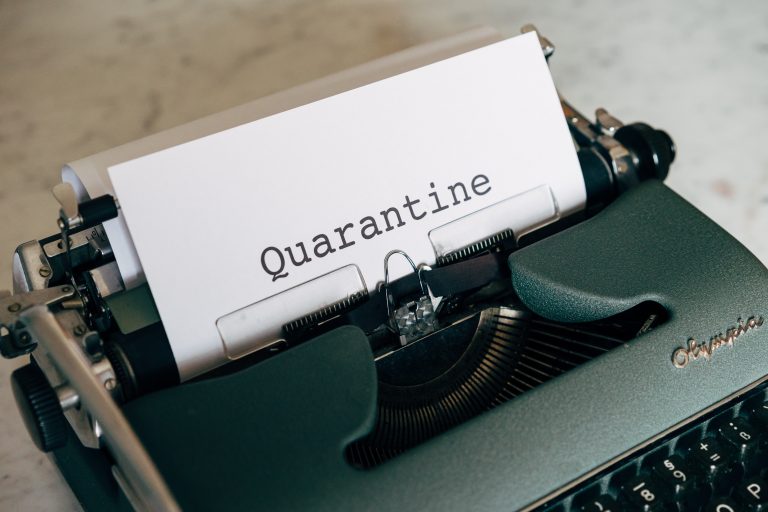In the last few blogs we have been taking a look at how we can navigate these challenging times, from the initial shock to the ongoing task of living with collective trauma. You may have learned some skills to help you stay in a regulated place where you are able to move more freely out of freeze without feeling ready to fight or flee at any moment. These skills take practice and most of us can expect a bumpy ride as our global situation evolves.
If we have been able to find a steadier path that keeps us within our window of tolerance then perhaps we can begin to think about how we can use this space.
A lovely concept that we have been exploring is that of turning our orientation from being goal led to one which emphasises the process.
But wait a minute, to achieve anything in life you need to focus on your goals, right?
While it’s true that there are some unavoidable areas of life where setting and working towards specific targets is necessary, being too focused on the outcome throughout our lives can take away from the enjoyment of the process. In the end, it may even make you less likely to achieve what you want.
Why might this be true?
We may think that we are trying to achieve a genuinely desired goal when actually we are trying to escape from a feeling, to prove our worth or to fit with the perceived expectations of others. How often do we tell ourselves “I would be much happier if only I could” get straight As, be thinner, prettier, richer, more popular, complete everything on my to do list.
Putting this kind of pressure on yourself to strive for extrinsic rewards with unrealistic expectations of their results can take all the pleasure out of the tasks required to get there and will often lead to short lived happiness followed by disappointment and renewed need to seek a new “fix”.
Let’s instead see if we can find a satisfaction and joy inducing process where goals are part of the process rather than the whole point of it.

We may even find that by taking the pressure off the “ultimate” goal then we have time and space to discover what we truly value.
One way to experience a more process based task is to explore the concept of being in the Flow.
Can you think of a time when you were so involved in what you were doing that the rest of the world seemed to have disappeared. You were totally focused and concentrated on that activity, to such an extent that you were not even aware of yourself.
This state of being is what we call The Flow, a term first coined by Mihaly Csikszentmihalyi.
“The best moments in our lives are not the passive, receptive, relaxing times . . . The best moments usually occur if a person’s body or mind is stretched to its limits in a voluntary effort to accomplish something difficult and worthwhile” (Csikszentmihalyi, 1990).
Flow activities are those which hit the sweet spot of just enough challenge and stretch of our skills so that we stay enjoyably and competently engaged. Too little challenge or skill and we become bored or apathetic, too much and we feel over stressed and anxious.
In binge watching TV, for example, the low skill matches the low challenge, which usually results in apathy or at best relaxation.
Flow activities also provide intrinsic motivation, that is to say the task itself gives pleasure, meaning or reward from the process of doing it.
We can also find an added bonus since when you are doing something that you find rewarding, interesting, and challenging, you are more likely to come up with novel ideas and creative solutions.

Flow can be found in a multitude of activities such as playing an instrument, reading, writing, playing sport, learning, art.
How can we find our Flow?
- Choose your challenge. Something that you enjoy doing. It can be anything, whether it’s playing the piano, writing, practicing a tennis stroke, embroidering, colouring in or teaching your puppy to sit. You may have to take some time to find your activity especially if you discover that you have been primarily goal focused for some time. Perhaps think back to childhood or tune in to times when you have found a sense of curiosity, fun, mastery or pleasant absorption.
- Engage your skills. Remember that if something is too easy you’ll be bored and your mind is likely to wander so you won’t achieve the flow state. If something is too hard you’ll be overwhelmed and you won’t be able to achieve that subconscious competence that is necessary for the flow state.
- Be clear. Set a specific task that has immediate feedback. Flow persists with a constant feedback loop so that you are unambiguous in your task but able to skilfully adapt your action according to the results so that you keep achieving and feeling competent. So if you set yourself the specific aim of hitting a row of tin cans with a rock then you will know when you are getting closer by the results and you can adjust your speed and position with each success. Similarly with creative tasks choose just one focus, eg learning a piano piece and you will gain immediate feedback and reward by seeing or hearing the result of your actions grow.
- Eliminate all other distractions. Switch your phone off, clear your space and set aside enough time.
- Check in with how you feel. If you’re having trouble entering the flow state you might need to go back to the basics of distress tolerance or emotion regulation first. Or the task may not be the right choice.
- Focus. Use grounding techniques, breathing or balancing yoga postures to help bring your mind into focus. Writing down your task can also help to make a clear intent. Choose a simple phrase to say out loud that helps direct you “ here we go”.
- Choose your best time. Getting into flow state is hard if you are low on energy. You need to have the willpower to focus on just one thing so give yourself the best chance by doing it at a time when you are not too tired or hungry.
- Use other experiences. Can you visualise any other time when you have felt in the flow. Tap in to that feeling and use that as a guide to focusing in the present.
- Enhance your environment. Be comfortable but not too relaxed as to get sleepy. Familiar music especially that with a steady rhythm can help focus* or you may need complete silence, essential oils like pine can help. Make sure you have everything you need to hand before you begin.
- Create a trigger. When you find a combination of techniques that help get you into the flow make a ritual of these so that your mind and body will start to recognise this and will respond accordingly. Think about Pavlov and his dogs!
- Tomorrow Never Knows by The Beatles on repeat works for me hence the blog title.
Author: Michelle Scott
Michelle works at London and Edinburgh TRC





